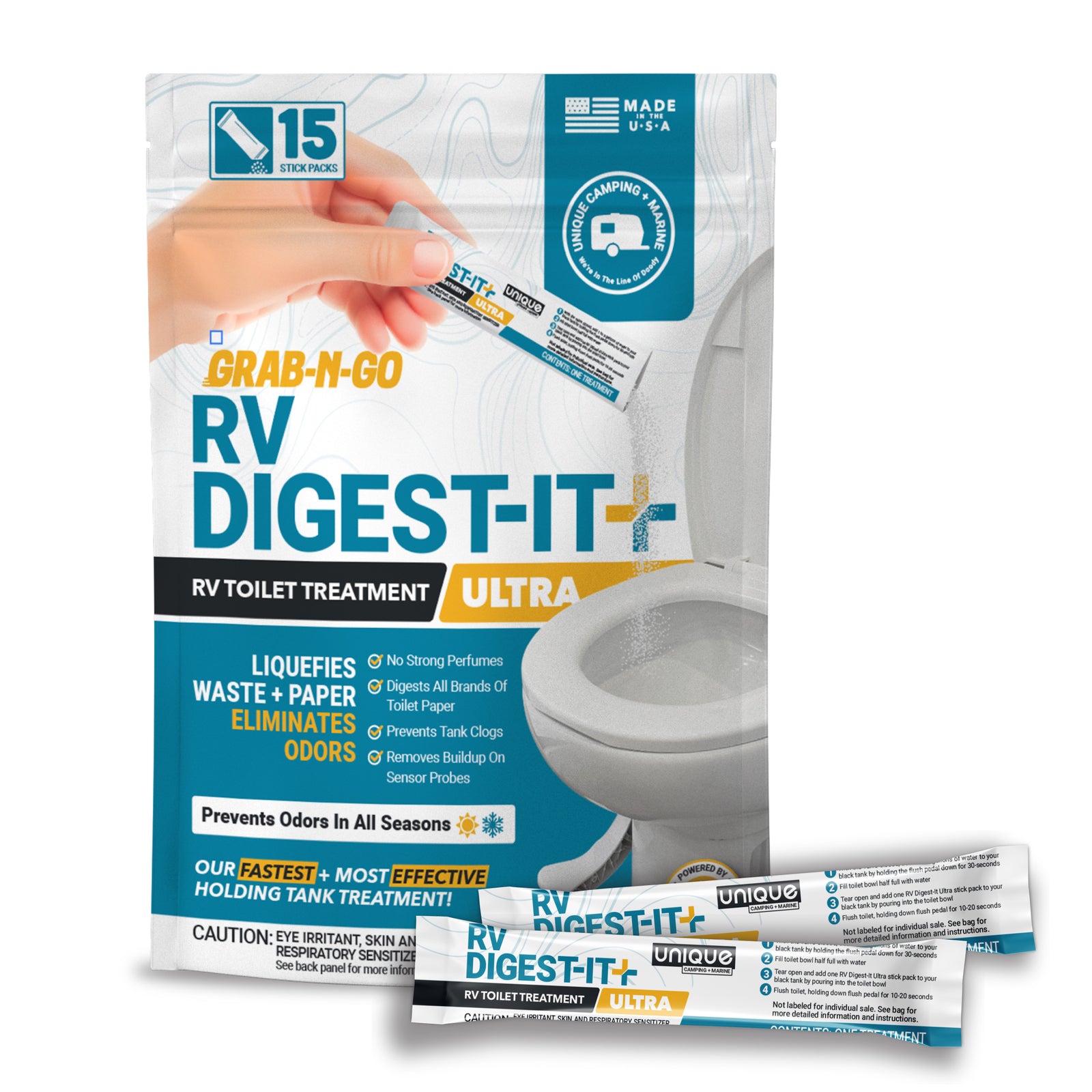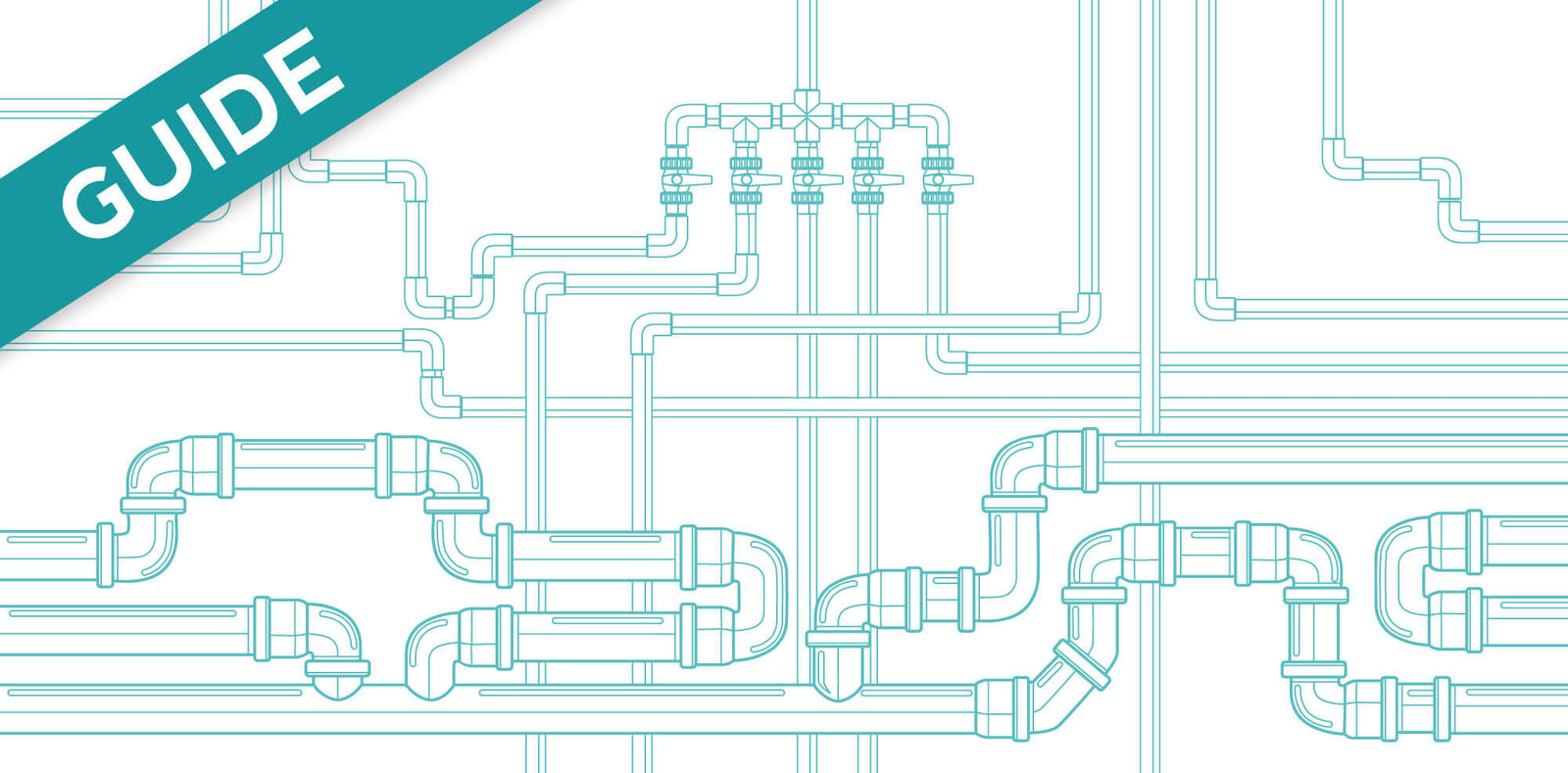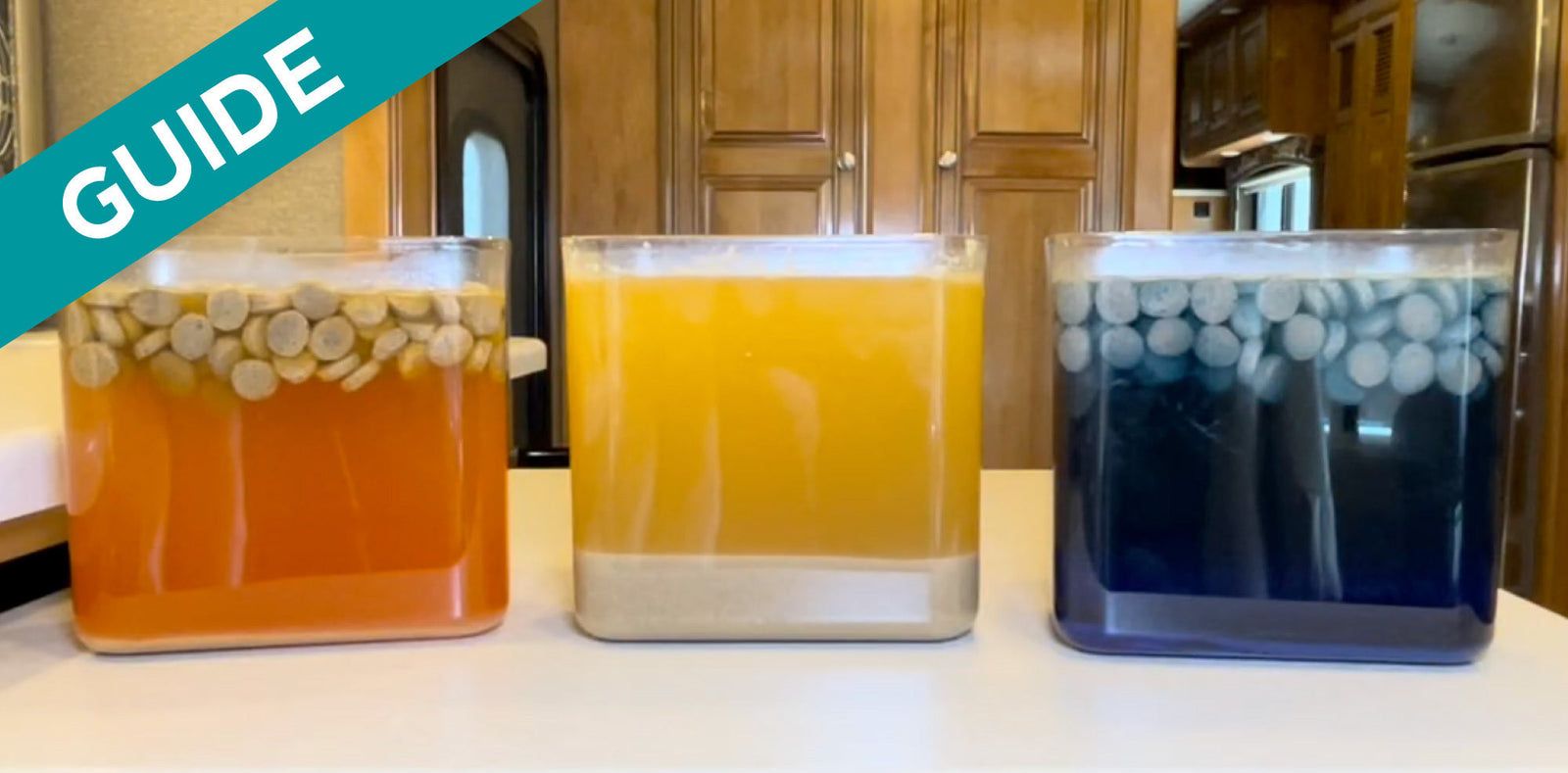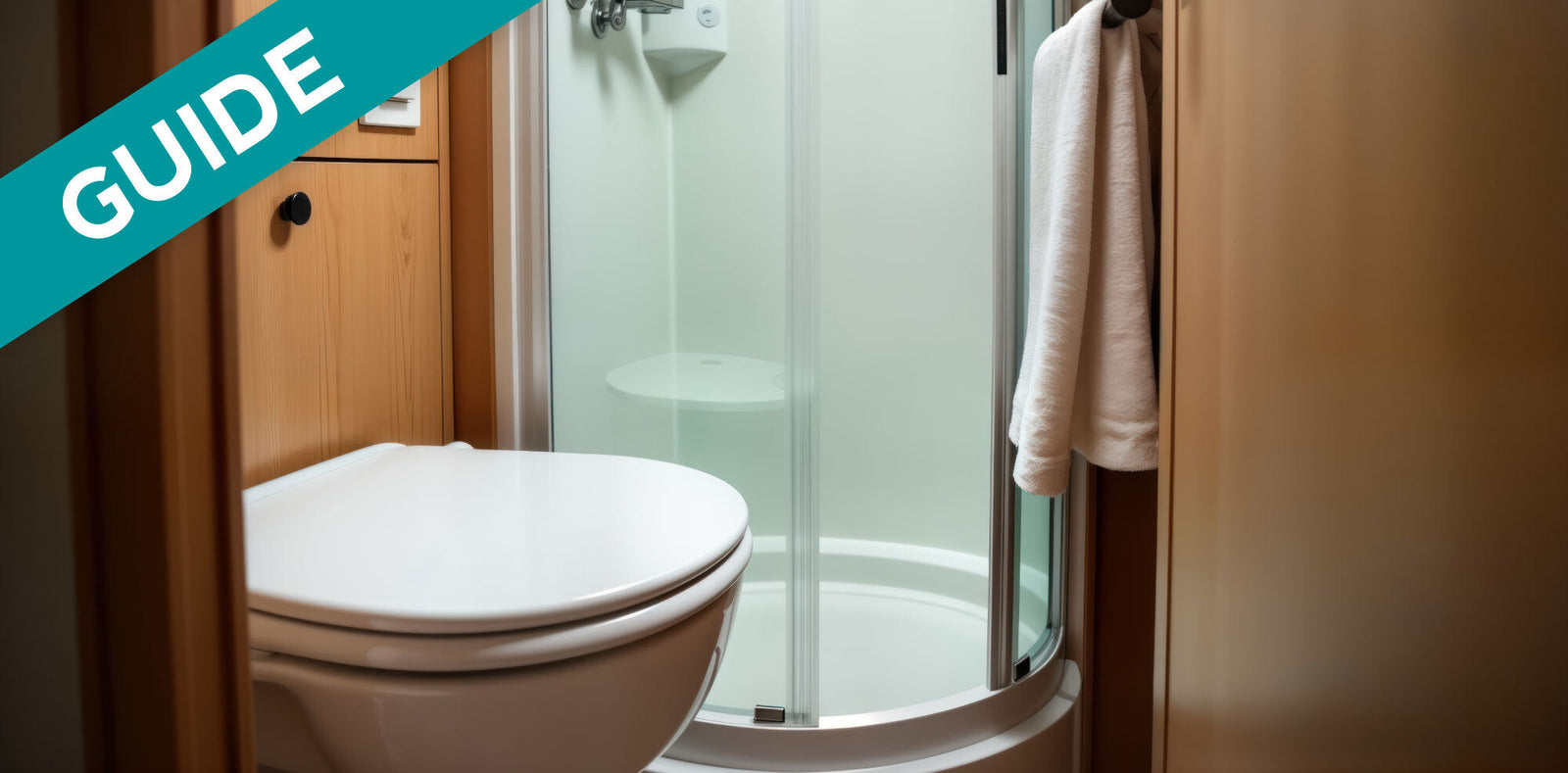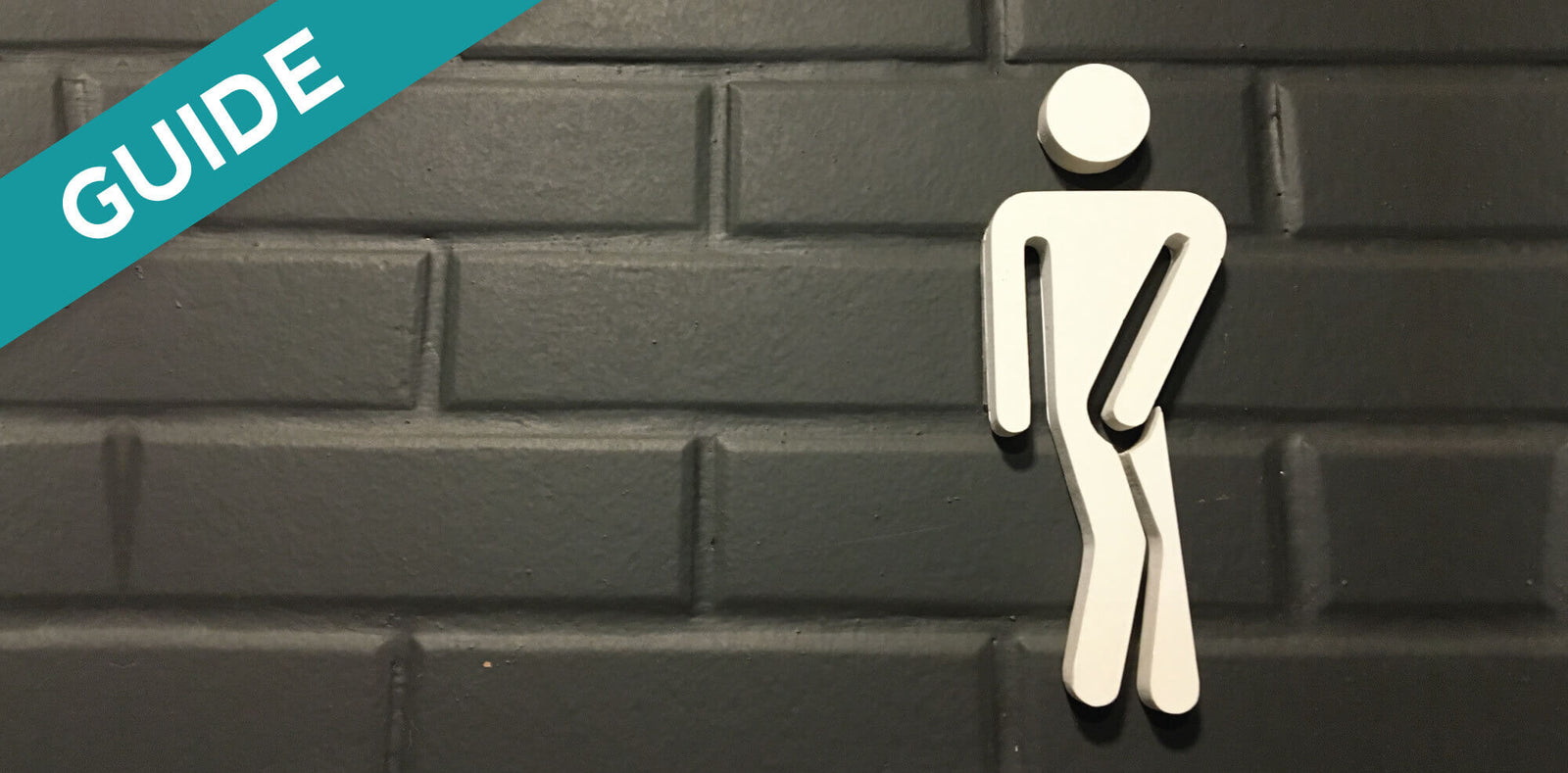
Key Points:
- Although it contains water, urine cannot be substituted for water in your black tank
- Water is very important in blocking solid waste odors by covering it completely and diluting the odor produced by urine
- There will never be enough urine in the tank to:
- Cover solid waste and promote softening and breakdown
- Keep aerobic bacteria hydrated and thriving
- Help prevent problematic dumping and clogs, such as pyramid plugs
Does urine have water in it? Of course it does; in fact, urine is about 95 percent water, so plenty of urine ought to help control odors and soften solid waste just like water, right? Actually, that 5 percent or so that is not water is much more powerful than you might think. Urine is NOT an effective substitute for water in your holding tanks, and in this guide we are going to show you exactly why it just doesn’t have the breakdown and odor-suppressing power of water.
What is in Urine?
Approximately 95 percent of urine is made up of water, and the rest is made up of several different elements:
- Uric acid is a waste product that is created as food is digested
- Urea is similar to uric acid and is the result of the body breaking down certain proteins; they become a combination of carbon dioxide and ammonia, which is toxic to the human body, so the liver converts the ammonia into urea. Urea is expelled from the body in urine but can also be found in sweat and saliva.
- Chloride, sodium, and potassium are electrolytes that help keep the balance of the fluid in and around your cells.
- Creatinine is created when your body digests meats or uses muscles and it is filtered out of the body by the kidneys through urine.
- Other dissolved ions, inorganic and organic compounds
Some sites will tell you that urine is sterile. However, what they don’t often specify is that it is always sterile only before it reaches the urethra (the pathway out of the body). As it travels out, it can pick up bacteria that may be residing there (as a result of infection). Even small amounts of bacteria in urine can make for some really nasty smells on top of the fact that the body’s breakdown of proteins produced ammonia, which is an incredibly strong smell in itself. Urine that is free of bacteria when added to the tank will still be exposed to the anaerobic bacteria that is residing in the solid waste, and when you combine ammonia components with even trace amounts of bacteria, you’d better be ready for smells in your RV’s holding tank!
In the following section, we will discuss why urine should not be the only liquid you put down your camper toilet and into your black tank, and why water is an important additional component for many reasons.
Why Can’t I Substitute Urine for Water?
Even though urine is mostly water, the small percentage of urine that is not changes the overall chemical makeup of the liquid so much that it will not deliver the benefits to your holding tank that 100 percent water will. In the following subsections, we will discuss why urine is a poor stand-in for water in your RV toilet system.
Urine Smells; Water Does Not
You may or may not know that when solid waste is covered by water, odors are blocked underneath the waterline. Some people think just putting urine in the tank will achieve the same result, but because urine contains even a small amount of urea (retaining the ammonia smell), urine as the only liquid in your black water tank will contribute smells of its own and will probably not be enough to cover the solid waste. Think about the amount of urine that will probably be added to your tank during a typical trip. Do you think it’s enough to cover the solid waste? Probably not, and even the healthiest urine will have a smell. Combined with exposed solid waste, odors can become unbearable.
While healthy urine is a little smelly, unhealthy urine or urine affected by other factors can be even smellier. There are many reasons urine can smell worse than usual. Sometimes these reasons can be concerning, but other times, it just comes down to what you’re eating and drinking and how your body metabolizes it.
- Dehydration - drinking enough water will actually dilute the amount of ammonia/urea that is released in your urine, resulting in a less potent smell; if you don’t drink much water, the ammonia/urea in your urine will be more concentrated.
-
Food - certain foods carry unpleasant smells with them through the body as they are digested and then released into the urine. Some of the worst offenders are:
- Asparagus
- Fish
- Onions
- Garlic
- Vitamins and Medications - Vitamin D and Vitamin B can cause a similar smell in urine just as fish do, along with certain antibiotics and medications for specific diseases.
- Medical Conditions or Infections - medical conditions like uncontrolled diabetes and kidney stones or infections like yeast infections, sexually transmitted infections, or urinary tract infections can all cause increased smells when urinating.
Considering all the factors that could change the chemical composition of your urine and increase smells, it is always better to add water to your black tank(s) to dilute the smell of the urine and ensure the solid waste is covered by liquid that doesn’t release odors itself.
Bacterial Tank Treatments Suffer
You might really, really, be opposed to pausing your trip to dump your black tank and refill your freshwater tank, so you only add urine. We’ve got news: the typical amount of urine added to the tank each day will not come close to what is required to completely cover all the solid waste in the tank, which is incredibly important for the bacteria breaking down the waste. We understand the aversion to dumping partway through a trip, but unfortunately by limiting the amount of water you add to your tank, you may be setting yourself up for clogs and odors, which could turn out to be more annoying than a mid-trip dump.
One of the components of The Unique Method is to use a high-quality bacteria and enzyme tank treatment, like Unique RV Digest-It Plus. The aerobic bacteria in these types of treatment products break down waste without creating additional odors and in fact push out the odor-causing bacteria that arrive on the solid waste. The bacteria in these types of treatments require lots of water to stay hydrated and to reach all the waste, so if urine is the only liquid in there and we all agree there will never be enough urine to cover the solid waste, then the bacteria from the treatment product will not work as effectively.
Clogs Can Develop and Dumping Can Be Hindered
We’ve just established that the amount of urine added to the tank will likely never be enough to cover the solid waste. That means that the entirety of the solid waste will not be softened by liquid and will instead pile up as it’s added to the tank. This environment is ripe to develop a pyramid plug, which is another reason to add water and not just urine. No one wants to deal with a pyramid plug.
This also presents a problem when you go to dump. A pyramid plug or even just dried out waste on the bottom of the tank because of a lack of liquid can make dumping a lot harder. When the waste is not quite literally “swimming” in liquid (a mixture of urine and water), it has a much harder time moving across the probably very flat bottom of the tank to the discharge port. If you don’t want to develop a clog or have problems dumping, we highly recommend adding plenty of water to your black tank whenever you flush.
So How Much Water Should I Be Using?
In order to promote the complete covering of solid waste, we recommend that you hold down your flush pedal for 10 seconds every time you flush. That’s a whole lot of water in that ten seconds, significantly more than multiple humans could produce in urine in one day. And if you suspect that you still may not have enough water in your black tank, you could hold it down for longer. This is an incredibly important step to avoid ammonia or sewer smells in your RV. If you want more specifics on how water can help keep your RV tank and plumbing working properly and your trip free of odors and clogs, refer to our guide on Why Using Lots of Water in your RV Toilet and Holding Tanks is Crucial.
What if I Don’t Poop in My RV Toilet?
There are many RVers who decide not to poop in their RV toilet specifically so they don’t have to worry about smells and clogs being a problem. However, as you noticed in the section discussing the chemical makeup of urine, it can sometimes have an even stronger smell than poop does. So, if you are a urine-only user of your RV toilet system and you think that the absence of poop means you don’t need to add water, think again. While adding only urine to tanks will not create any clogs, it can definitely create smells, so the reason to use more water is to dilute the urine, preventing strong ammonia-like smells from rising. And don’t forget, multiple humans cannot produce as much urine in one day as 10 seconds of flushing would produce, so you really aren’t filling your black tank that much more and you’re ensuring that the smells will be dispersed by the water.
Review
While it seems logical to save water by using urine in your holding tank instead, it’s clear now that this isn’t a great alternative. Here’s a brief review of the reasons you should use water and not just urine in your holding tank:
- Urine has its own smell that becomes more potent with the consumption of too little water, certain foods, certain vitamins and medications, or infections and medical conditions.
- The smell of urine is increased when it mixes with solid waste; water doesn’t have an odor and helps to cover solid waste odors and dilute the urine odors.
- Urine isn’t enough to hydrate the beneficial bacteria from high-quality bacterial treatments and won’t allow them to reach all the solid waste.
- Only using urine can encourage clogs like pyramid plugs and can cause problems when dumping because without enough liquid, solid waste cannot easily move across the tank floor to the discharge port.
- The best way to ensure you are adding plenty of water to your black tank is to hold down the flush pedal for at least 10 seconds on every flush.

Prevent Common Problems In Your Tanks!
From misreading sensors, preventing clogs, or eliminating odors, we've got you covered no matter how you camp! All our best holding tank tips and trick information plus more can be found conveniently in one place when you download our FREE Unique Method Field Guide PDF. Achieve holding tank bliss today!
Get The Free Download Get The Free Download
